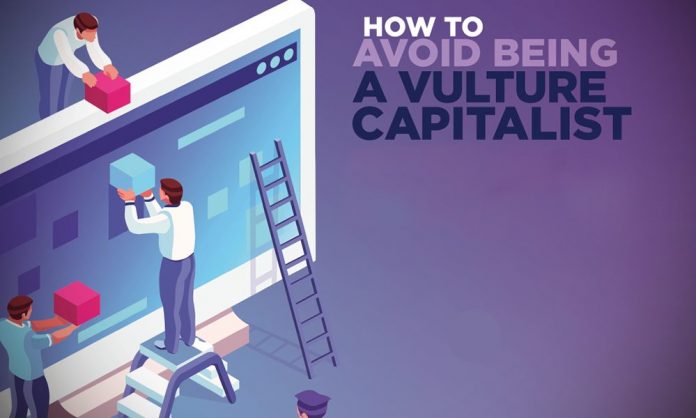As originally published in Synergyzer Issue 3|2019
 Misbah Naqvi, Managing Partners I2I Ventures
Misbah Naqvi, Managing Partners I2I Ventures
Can you please elaborate on the role of I2I Ventures in the tech startup ecosystem at the moment?
I2I Ventures is a fund that invests in technology-enabled startups through seed investments. It is a part of Invest2Innovate, a company that supports startup communities in growth markets through ‘acceleration, investment, and data-driven market analysis’.
Technology is a field where local companies can access global developments as they happen, enabling them to grow quickly. Hence, we have setup our fund for such tech entrepreneurs who have figured out most of their business model; this is usually once their startups are out of incubation, in the market and have started generating revenue. To aid them further in their goal, alongside seed investments we provide them access to a network of experienced entrepreneurs, from whom they can get advice on their business strategy and growth, and gather tips on how to scale.
What are the dynamics of creating a founder-friendly fund?
Investing in startups at a very early stage means taking a bet on the founders; their personalities, their values, and how they will approach their businesses.
Having worked with startups founders for the past seven years at the I2I accelerator, we have been able to understand the founder’s perspective and observe closely the opportunities and challenges they face in the early stages of their businesses. So, naturally we would want to keep the founders’ best interests at heart. But, at the end of the day, we are investors who want to eventually make money through these businesses.
Nevertheless, we are not ‘vulture’ capitalists and do not believe in taking a predatory approach rather we want to be true partners of the entrepreneurs and are content with having minority stake in their companies. In fact, we want to bring more to the table beyond the capital and work with them to help them thrive even more.
How long does it usually take for the returns from startups’ ends to kick in and how do you ensure the survival of the organization till then?
Most investors, including us, are there for the long run. I2I Ventures, for instance, is investing in startups for at least ten years. This means that we continue to help founders build their companies which may include investing again in multiple follow up rounds, because at times companies need continued access to capital. This is what we call, being invested in founders’ long term success.
Having said that, we will obviously be glad if our startups begin generating profits at an early stage. I mean, wouldn’t it be great to have our own million dollar company?
In your opinion should there be any checks and balances for startups in terms of providing returns on investments?
Yes, transparency is important especially in a market like Pakistan where a number of businesses operate in the grey area. Hence, investors need to be very clear about their expectations and exercise due diligence not just before making investments but throughout the term the startups are onboard with them.
One of the ways we can do that is through creating legal documentation with the startup founders which outline the negotiated and agreed upon terms and conditions of how both will work with each other in the coming years as well as how much information will the founders share with the investors. Such documentation protects the rights of the investors as well as the founders, leaving no room for violation from either of the parties.
Does it not get hard when the investors have to continuously invest their time in the startups?
Investors need to find a balance between being active investors and being too controlling because at the end of the day, it is the founders’ vision that they are supporting. But having said that we want to be involved at the board level or at a strategic level so that we are there for them when the founders need our help. Like I said earlier, we also engage our network to facilitate founders whose startups we have invested in.
So, this way we are helping and supporting them but not controlling their businesses. Also having minority stake allows us to be involved with a number of startups, helping create synergies as when we learn something from one business we can apply it to another.
If we start taking a majority stake, then we would have to be too involved in one business and there is only so much that we can do with our time and money.
How does I2I make impact investments and measure the returns?
Impact investment funds are those which only invest in businesses that make a measurable social or environmental impact alongside generating financial returns. In these terms, I2I Ventures is not an impact fund. Rather from our perspective, in a country like Pakistan the opportunity for impact is already huge in terms of creation of employment, provision of goods and services, bringing efficiency in and access to markets and creating awareness of services and systems. So at I2I our focus is on businesses such as healthcare, education, housing and energy.
But having worked at Acumen which identifies itself as an impact fund, I can tell you that the investors there look at double bottom-line approaches in a business; that the business should not only have financial sustainability but also has a social impact. So these funds choose to work with the base of pyramid markets, the consumer of which are mostly poverty ridden communities.

